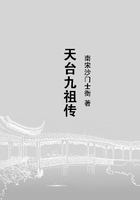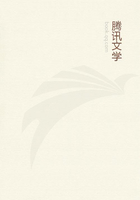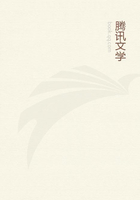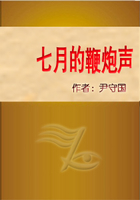I regard this proposition as universally and absolutely true; it is a corollary of the law of proportionality, which may be regarded as an epitome of the whole science of economy.But -- I beg pardon of the economists -the principle that all labor should leave an excess has no meaning in their theory, and is not susceptible of demonstration.If supply and demand alone determine value, how can we tell what is an excess and what is a sufficiency? If neither cost, nor market price, nor wages can be mathematically determined, how is it possible to conceive of a surplus, a profit? Commercial routine has given us the idea of profit as well as the word; and, since we are equal politically, we infer that every citizen has an equal right to realize profits in his personal industry.But commercial operations are essentially irregular, and it has been proved beyond question that the profits of commerce are but an arbitrary discount forced from the consumer by the producer, -- in short, a displacement, to say the least.This we should soon see, if it was possible to compare the total amount of annual losses with the amount of profits.In the thought of political economy, the principle that all labor should leave an excess is simply the consecration of the constitutional right which all of us gained by the revolution, --
the right of robbing one's neighbor.
The law of proportionality of values alone can solve this problem.I
will approach the question a little farther back: its gravity warrants me in treating it with the consideration that it merits.
Most philosophers, like most philologists, see in society only a creature of the mind, or rather, an abstract name serving to designate a collection of men.It is a prepossession which all of us received in our infancy with our first lessons in grammar, that collective nouns, the names of genera and species, do not designate realities.There is much to say under this head, but I confine myself to my subject.To the true economist, society is a living being, endowed with an intelligence and an activity of its own, governed by special laws discoverable by observation alone, and whose existence is manifested, not under a material aspect, but by the close concert and mutual interdependence of all its members.Therefore, when a few pages back, adopting the allegorical method, we used a fabulous god as a symbol of society, our language in reality was not in the least metaphorical:
we only gave a name to the social being, an organic and synthetic unit.
In the eyes of any one who has reflected upon the laws of labor and exchange (I disregard every other consideration), the reality, I had almost said the personality, of the collective man is as certain as the reality and the personality of the individual man.The only difference is that the latter appears to the senses as an organism whose parts are in a state of material coherence, which is not true of society.But intelligence, spontaneity, development, life, all that constitutes in the highest degree the reality of being, is as essential to society as to man: and hence it is that the government of societies is a science, -- that is, a study of natural relations, -- and not an art, - that is, good pleasure and absolutism.
Hence it is, finally, that every society declines the moment it falls into the hands of the ideologists.
The principle that all labor should leave an excess, undemonstrable by political economy, -- that is, by proprietary routine, -- is one of those which bear strongest testimony to the reality of the collective person:
for, as we shall see, this principle is true of individuals only because it emanates from society, which thus confers upon them the benefit of its own laws.
Let us turn to facts.It has been observed that railroad enterprises are a source of wealth to those who control them in a much less degree than to the State.The observation is a true one; and it might have been added that it applies, not only to railroads, but to every industry.But this phenomenon, which is essentially the result of the law of proportionality of values and of the absolute identity of production and consumption, is at variance with the ordinary notion of useful value and exchangeable value.
The average price charged for the transportation of merchandise by the old method is eighteen centimes per ton and kilometer, the merchandise taken and delivered at the warehouses.It has been calculated that, at this price, an ordinary railroad corporation would net a profit of not quite ten per cent., nearly the same as the profit made by the old method.
But let us admit that the rapidity of transportation by rail is to that by wheels, all allowances made, as four to one: in society time itself being value, at the same price the railroad would have an advantage over the stage-wagon of four hundred per cent.Nevertheless, this enormous advantage, a very real one so far as society is concerned, is by no means realized in a like proportion by the carrier, who, while he adds four hundred per cent.to the social value, makes personally less than ten per cent.Suppose, in fact, to make the thing still clearer, that the railroad should raise its price to twenty- five centimes, the rate by the old method remaining at eighteen; it would lose immediately all its consignments; shippers, consignees, everybody would return to the stage-wagon, if necessary.The locomotive would be abandoned; a social advantage of four hundred per cent.
would be sacrificed to a private loss of thirty-three per cent.
The reason of this is easily seen.The advantage which results from the rapidity of the railroad is wholly social, and each individual participates in it only in a very slight degree (do not forget that we are speaking now only of the transportation of merchandise); while the loss falls directly and personally on the consumer.A special profit of four hundred per cent.

